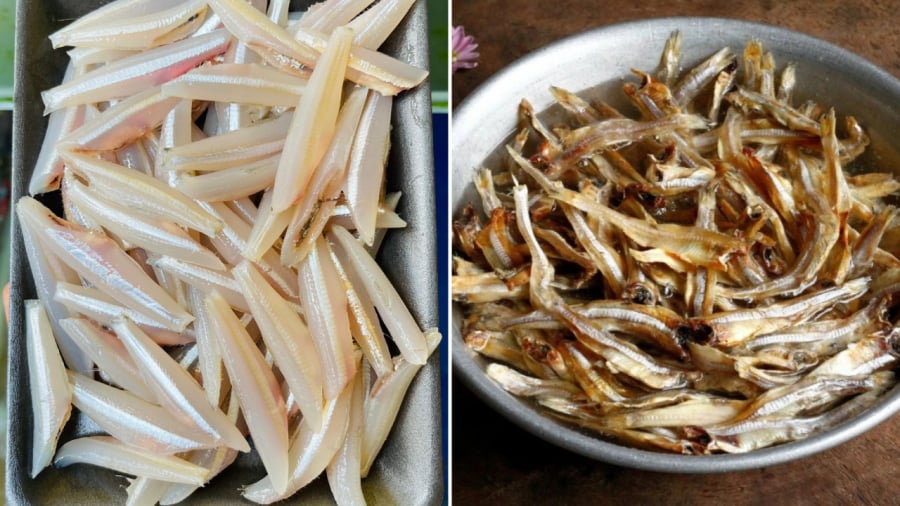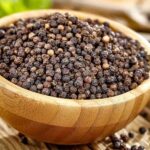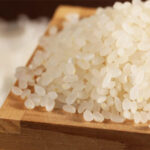Sardines, small in size but packed with nutritional value, are the focus of this discussion. This type of fish can be consumed fresh or dried and transformed into a variety of delicious dishes. It is the primary ingredient in fish sauce, an essential condiment in the diets of Vietnamese people.
What are the health benefits of sardines?
- Rich source of calcium
Sardines are naturally rich in calcium, which is essential for bone growth and strength. Calcium is a vital component for humans, especially for growing children, pregnant women, and the elderly. According to VOV and the United States Department of Agriculture, 100 grams of dried sardines can provide 2,300 mg of calcium. This amount far surpasses the calcium content in milk (120 mg per 100 grams) and salmon (13 mg per 100 grams).
- Abundant in omega-3, beneficial for cardiovascular and brain health
When it comes to omega-3-rich foods, salmon is often the first that comes to mind. However, sardines are an equally excellent source of this essential fatty acid, including DHA and EPA. Omega-3 helps lower triglyceride and LDL (“bad”) cholesterol levels in the blood, thereby reducing the risk of heart and blood vessel-related issues such as atherosclerosis and stroke. DHA, in particular, is crucial for brain development and function, enhancing focus, memory, and preventing neurodegeneration in older adults.

- Boosts the immune system
Sardines are a good source of selenium, zinc, omega-3, and other nutrients that strengthen the body’s defenses. Selenium is a powerful antioxidant that neutralizes free radicals and boosts the production of protective T cells. Zinc plays a crucial role in producing white blood cells, antibodies, and other essential proteins for a robust immune response.
Omega-3 also exhibits anti-inflammatory properties, aiding the body in fighting off pathogens.
- Promotes eye health
DHA is a critical component of the retina, and sardines are an abundant source of this nutrient. DHA helps maintain clear vision and supports the development of healthy eyesight in children. Both DHA and EPA, present in sardines, can reduce the risk of eye conditions such as dry eye, retinopathy, and age-related macular degeneration.
Additionally, sardines contain vitamin A, which helps maintain eye moisture, protects the cornea, and prevents dry eye and night blindness.
- Supports thyroid health
Iodine is essential for thyroid health, and sardines are a good dietary source of this mineral. The thyroid gland utilizes iodine to produce hormones that regulate metabolism and influence various other important bodily functions. A 100-gram serving of sardines provides approximately 30-50 mcg of iodine, contributing significantly to the daily requirement.
- Precautions when consuming sardines
While sardines offer exceptional nutritional benefits, improper preparation and consumption methods may reduce their positive impact. Certain cooking techniques, such as deep-frying at high temperatures, can decrease the omega-3 content of sardines. Therefore, it is recommended to opt for steaming or light frying at lower temperatures to retain the maximum nutritional value.
Additionally, combining omega-3 consumption from sardines with healthy fats from sources like olive oil or flaxseed oil enhances absorption. This increases the solubility of omega-3 in fatty tissues, allowing the body to utilize more of this essential nutrient.
Including sardines in your diet 2-3 times a week can provide your body with a good supply of these essential nutrients.





































